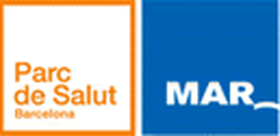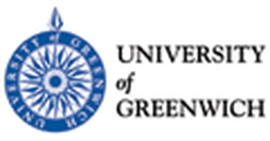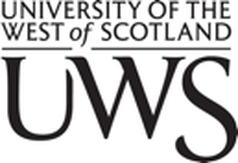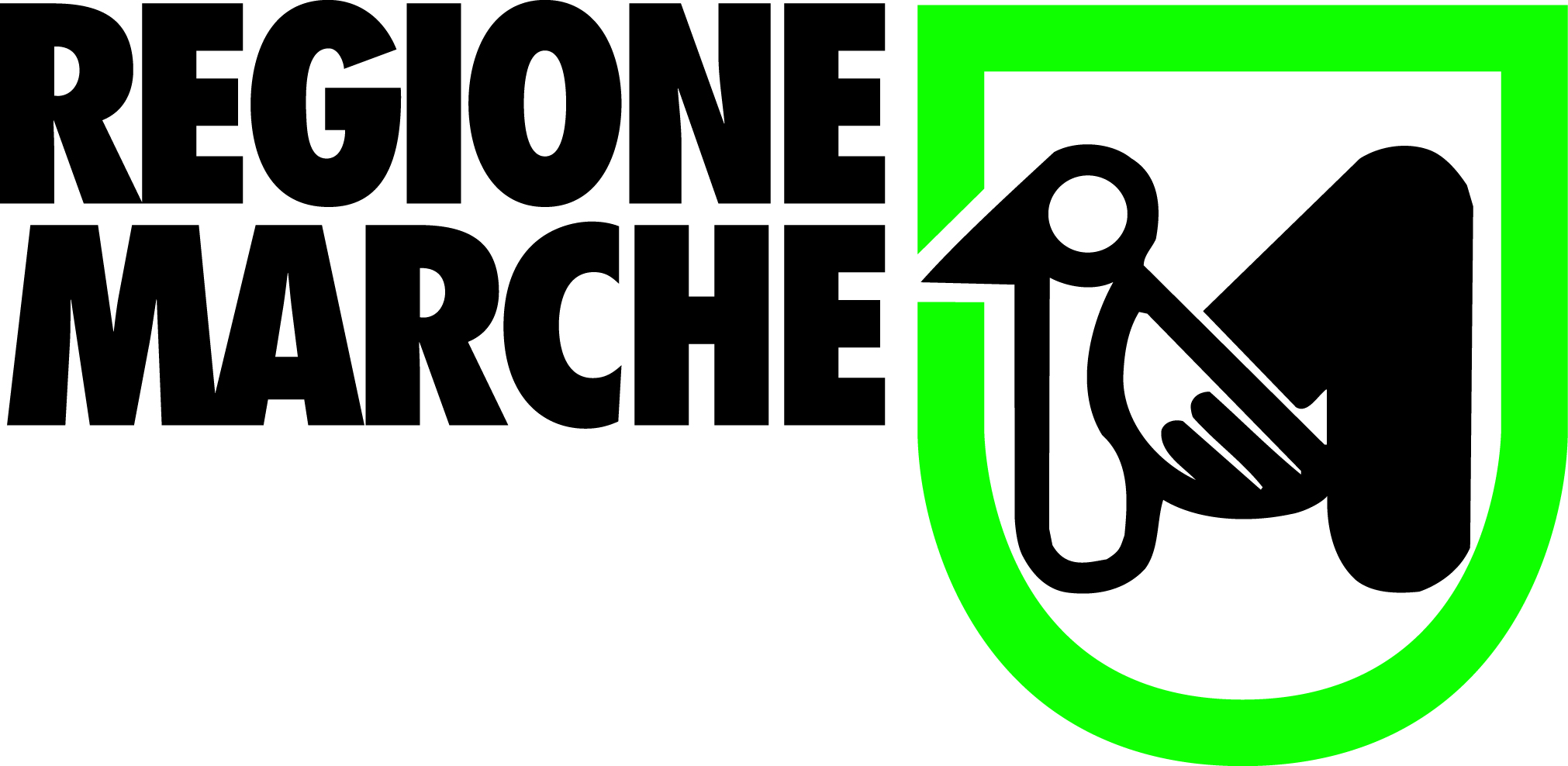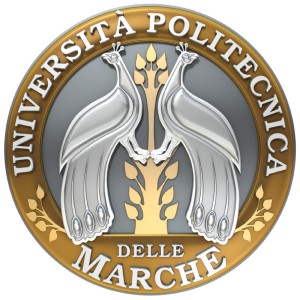_
The REDUCE project is co-ordinated by the Parc de
Salut Mar, Barcelona, Spain.
Partners include: Scotland, Poland, Austria and Italy. Details of each
partner are described below:
Project Coordinator
Spain
_
Parc de Salut Mar
Passeig Maritim 88, 08003 Barcelona Spain |
Parc de Salut de Mar
_
Professor Marta Torrens
Professor of Psychiatry and Head of Addiction Program Tel: +34 93 248 31 75 Email: [email protected] Web : http://www.parcdesalutmar.cat/es_index.html http://www.imim.es/programesrecerca/neurociencies/en_gratus.html Judit Tirado Junior Researcher Tel: +34 933160449 Email: [email protected] |
Project Manager
England
_
School of Health and
Social Care The University of Greenwich Avery Hill Road London SE9 2UG England |
University of Greenwich
_
Dr Gail Gilchrist
Principal Research Fellow Head of the Centre for Applied Social Research Tel: +44 (0)20 8331 9621 Skype: gailgilchrist Email: [email protected] Web: http://www.gre.ac.uk/schools/health/contact/staff/research/dr-gail-gilchrist |
Project Partners
Scotland
_ University of the West of Scotland, Paisley Campus High Street, Paisley, PA1 2BE, Scotland |
University of the West of Scotland
_
Professor Avril Taylor
Chair in Public Health and Faculty Director of Research, Faculty of Education, Health and Social Sciences Tel: +44 (0)141 848 3771/ 3980 Email: [email protected] Web: http://www.uws.ac.uk/schoolsdepts/socialsciences/avriltaylor.asp Dr Alison Munro Research Fellow Tel: +44 (0)141 848 3771/ 3603 Email: [email protected] |
Poland
_ Instytut Psychiatrii i Neurologii 02-957 Warszawa, Sobieskiego 9 Warsaw Poland |
Institute of Psychiatry and Neurology
_
Dr Jacek Moskalewicz
Head of the Department of Studies on Alcoholism and Drug Dependence Tel: +48 22 6427501 Email: [email protected] Web: www.ipin.edu.pl Dr Katarzyna Dąbrowska Senior Researcher Tel: +48 22 6427501 Email: [email protected] |
_
The aims of the Institute of Psychiatry and Neurology
are to improve health care in the field of psychiatry and neurology and to
conduct research in these and allied fields. Research methods range from
molecular level to psychological and epidemiological approaches. Different
disciplines are represented by 25 departments including, among others, four
departments of psychiatry, two departments of neurology, methadone maintenance
programme, and out-patient facilities offering services for alcohol and drug
addicts. The Institute of Psychiatry and Neurology
and its Department of Studies on Alcoholism and Drug Dependence in particular
has long experience in alcohol and drug research, including international
comparative studies.The Institute has numerous achievements in
qualitative research with special competence in in-depth interviews and focus
group approach. In recognition of its competence in cultural studies, its
scientists were invited to contribute to major international encyclopaedias on
alcohol and culture (Blocker J.S. Jr., Fahey
D.M., Tyrrell I.R. (eds) Alcohol and Temperance in
Modern History, ABC
Clio 2003: Santa Barbara, Denver, Oxford, Dwight B. Heath (ed.) International Handbook on
Alcohol and Culture, Greenwood Press 1995: London).
Austria
_ Medical University Vienna Department of Psychiatry and Psychotherapy Währinger Gürtel 18 - 20 1090 Vienna Austria |
Medical University of Vienna Addiction Clinic (MUW)
_
Professor Gabriele Fischer
Professor of Psychiatry and Medical Director of Addiction Clinic Tel: +43 (0)1 40400 2117 Email: [email protected] Web: http://www.sucht-news.at/content/docs/CV_Fischer.pdf Birgit Köchl Mag. Tel: +43 (0)1 40400 3559 Email: [email protected] |
_
The Addiction Clinic, under the lead of Vienna’s PI
Prof. Gabriele Fischer, is embedded in the Department of Psychiatry and
Psychotherapy and constitutes an integral component of the addiction treatment
in Vienna and its bordering provinces. It offers interventions for various
types of substance-related and substance-unrelated disorders, providing
individually tailored treatment by healthcare professionals from various
disciplines (medicine, nursing service, social casework, psychology,
psychotherapy, pharmacy, neuropsychology). Addiction often occuring along with
other co-morbid psychiatric disorders and the diagnostic and therapy of these
co-morbidities counting as a precondition for a successful therapy leads to a
close cooperation with other inpatient and outpatient organizations.
The Addiction Clinic operates within the Medical University Hospital. Clinical as well as research staff is well experienced and trained in caring for the substance dependent patients and is always present or available. A well equipped lab for blood urinalysis and an in-house pharmacy with staff experienced in preparing and administering doses for both laboratory and clinical trials are at disposal as well. Inpatient treatment may always be arranged within the wards of the Department of Psychiatry and Psychotherapy, which disposes of 140 beds, if necessary.
The treatment of opioid-dependent women has developed to a special focus of the Addiction Clinic. Since 1994 an interdisciplinary, multi-professional treatment concept for substance dependent pregnant women has been established. Pregnant women entering treatment at the Addiction Clinic undergo psychiatric and medical assessment. They have to provide urine samples for analysis, and they are interviewed by psychologists regarding their addiction severity, risk behavior, quality of life and personality; additionally, social workers take care of their problems regarding working, housing, custody and other legal affairs. Pregnant patients may receive pharmacological maintenance treatment after having signed a treatment contract. Treatment terms and conditions (frequency of medical appointments, maintenance substance, and additional psychosocial care like participation in psycho-educative group therapies) are determined individually for each patient, depending on multiple factors as stability in treatment, living and working situation etc. If necessary, patients may be admitted to the intensive care unit for detoxification, or to inpatient treatment for stabilization during pregnancy. Medical care is provided regarding all kinds of physical problems; therefore, the Addiction Clinic cooperates with all Departments of the Medical University of Vienna, but particularly with the Department of OB/GYN, and the Department of Pediatrics and Adolescents (Division of Neonatology, Clinic of Developmental Neurology). Standardized operational procedures (SOPs) have been developed over the past 15 years between these departments. Furthermore the Otto Wagner Hospital and Rosenhügel Psychiatry are cooperating hospitals in the city of Vienna.
Besides treatment and counseling, the Addiction Clinic conducts a lot of research in the field of substance dependence and substance-unrelated dependence, e.g. opioid dependence and hepatitis C, pathological gambling and psychiatric co-morbidity, nicotine dependence, quality of life during maintenance treatment, maintenance treatment during pregnancy etc. For research, clinical and research staff is cooperating closely within the Department of Psychiatry and Psychotherapy as well as with other departments involved in the relevant studies.
Hepatitis C in women with substance-related disorders is not only related to addiction but must also be seen as a public health topic. Therefore the REDUCE project is located at the Center for Public Health, also part of the University of Vienna, led by Professor Manfred Maier.
The Addiction Clinic operates within the Medical University Hospital. Clinical as well as research staff is well experienced and trained in caring for the substance dependent patients and is always present or available. A well equipped lab for blood urinalysis and an in-house pharmacy with staff experienced in preparing and administering doses for both laboratory and clinical trials are at disposal as well. Inpatient treatment may always be arranged within the wards of the Department of Psychiatry and Psychotherapy, which disposes of 140 beds, if necessary.
The treatment of opioid-dependent women has developed to a special focus of the Addiction Clinic. Since 1994 an interdisciplinary, multi-professional treatment concept for substance dependent pregnant women has been established. Pregnant women entering treatment at the Addiction Clinic undergo psychiatric and medical assessment. They have to provide urine samples for analysis, and they are interviewed by psychologists regarding their addiction severity, risk behavior, quality of life and personality; additionally, social workers take care of their problems regarding working, housing, custody and other legal affairs. Pregnant patients may receive pharmacological maintenance treatment after having signed a treatment contract. Treatment terms and conditions (frequency of medical appointments, maintenance substance, and additional psychosocial care like participation in psycho-educative group therapies) are determined individually for each patient, depending on multiple factors as stability in treatment, living and working situation etc. If necessary, patients may be admitted to the intensive care unit for detoxification, or to inpatient treatment for stabilization during pregnancy. Medical care is provided regarding all kinds of physical problems; therefore, the Addiction Clinic cooperates with all Departments of the Medical University of Vienna, but particularly with the Department of OB/GYN, and the Department of Pediatrics and Adolescents (Division of Neonatology, Clinic of Developmental Neurology). Standardized operational procedures (SOPs) have been developed over the past 15 years between these departments. Furthermore the Otto Wagner Hospital and Rosenhügel Psychiatry are cooperating hospitals in the city of Vienna.
Besides treatment and counseling, the Addiction Clinic conducts a lot of research in the field of substance dependence and substance-unrelated dependence, e.g. opioid dependence and hepatitis C, pathological gambling and psychiatric co-morbidity, nicotine dependence, quality of life during maintenance treatment, maintenance treatment during pregnancy etc. For research, clinical and research staff is cooperating closely within the Department of Psychiatry and Psychotherapy as well as with other departments involved in the relevant studies.
Hepatitis C in women with substance-related disorders is not only related to addiction but must also be seen as a public health topic. Therefore the REDUCE project is located at the Center for Public Health, also part of the University of Vienna, led by Professor Manfred Maier.
Italy
_
Servizio Salute Regione Marche
Gentile da Fabriano, n° 3 Regione Marche -60100 Ancona, Italy Università Politecnica delle Marche P.zza Roma 22, 60121 Ancona |
_ Dr Lucia Di Furia MD, PhD Medical Manager, Coordinator for Research, Innovation and Training Tel: +39 071 806 4180 Email: [email protected] Web: www.regione.marche.it Cinzia Giammarchi Researcher Tel: +39 071 806 4333 Email: [email protected] Georgia Falconi Email: [email protected] Web: www.univpm.it Dr Gianluca Svegliati Baroni Email: [email protected] Web: www.univpm.it |
_
ARS
(Agenzia Regionale Sanitaria -
Regional Agency for Health – part of the Health and Social ServicesDepartment
(Dipartimento per la Salute e per i Servizi Sociali)
The Health and Social ServicesDepartment (Dipartimento per la Salute e per i Servizi Sociali), is the organisationalstructureof the RegionalCouncil responsiblefor “Health” in the Marche region. The “Dipartimento per la Salute e per i Servizi Sociali”, besidesits roles of economic and financial planning and strategic control, performance monitoring, and issues relating to human resources and accreditations, manages the developmentof the Health and Social-HealthRegionalPlan, with the view of promoting socio-health integration. It manages the Regional Social Policies and Social Inclusion Policies, for example in the fields of disability; immigration and refugees; extreme social excluded; drug addiction; extreme poverty; mental health. It manages the developmentof the Regional Social Plan, with particular care for older people, as well as the third sector, and no profit firms. It also manages policies related to family; childhood and youth; among others. The Dipartimento per la Salute e per i Servizi Sociali therefore, deals with all services related to public health, such as prevention programmes, public health actions, pharmaceutical, hospital, and primary care, and it is responsible for programming the system concerning the supply of health. In addition, it coordinates the implementation of guidelines for health policy, it programs and monitors health expenditure, it coordinates and monitors the actions of the local agencies of the national health system. The Dipartimento per la Salute e per i Servizi Sociali controls the flow of the Health Information System. The Dipartimento per la Salute e per i Servizi Sociali organises focus groups at various levels to ensure the broadest participation and maximum inclusion to achieve optimum standards of efficiency, effectiveness, quality and public involvement. It also aims at expanding international relations by participating at international projects on prevention, such as Psychonaut, ReDNet, and REDUCE and healthy ageing, such as JADE and UP-Tech (on Alzheimer).
The Regional Agency for Health - ARS (Agenzia Regionale Sanitaria) – is its operative arm; in particular, in regards to tasks related for example to Clinical Governance, Socio-Health Integration, Health and Biomedicine Research, Innovation and Training, Technologies, Prevention, Primary and Hospital Care. Innovationis particularly important for the Marche region, which at present is exploring molecular biology and its applications in various fields.
The Health and Social ServicesDepartment (Dipartimento per la Salute e per i Servizi Sociali), is the organisationalstructureof the RegionalCouncil responsiblefor “Health” in the Marche region. The “Dipartimento per la Salute e per i Servizi Sociali”, besidesits roles of economic and financial planning and strategic control, performance monitoring, and issues relating to human resources and accreditations, manages the developmentof the Health and Social-HealthRegionalPlan, with the view of promoting socio-health integration. It manages the Regional Social Policies and Social Inclusion Policies, for example in the fields of disability; immigration and refugees; extreme social excluded; drug addiction; extreme poverty; mental health. It manages the developmentof the Regional Social Plan, with particular care for older people, as well as the third sector, and no profit firms. It also manages policies related to family; childhood and youth; among others. The Dipartimento per la Salute e per i Servizi Sociali therefore, deals with all services related to public health, such as prevention programmes, public health actions, pharmaceutical, hospital, and primary care, and it is responsible for programming the system concerning the supply of health. In addition, it coordinates the implementation of guidelines for health policy, it programs and monitors health expenditure, it coordinates and monitors the actions of the local agencies of the national health system. The Dipartimento per la Salute e per i Servizi Sociali controls the flow of the Health Information System. The Dipartimento per la Salute e per i Servizi Sociali organises focus groups at various levels to ensure the broadest participation and maximum inclusion to achieve optimum standards of efficiency, effectiveness, quality and public involvement. It also aims at expanding international relations by participating at international projects on prevention, such as Psychonaut, ReDNet, and REDUCE and healthy ageing, such as JADE and UP-Tech (on Alzheimer).
The Regional Agency for Health - ARS (Agenzia Regionale Sanitaria) – is its operative arm; in particular, in regards to tasks related for example to Clinical Governance, Socio-Health Integration, Health and Biomedicine Research, Innovation and Training, Technologies, Prevention, Primary and Hospital Care. Innovationis particularly important for the Marche region, which at present is exploring molecular biology and its applications in various fields.
